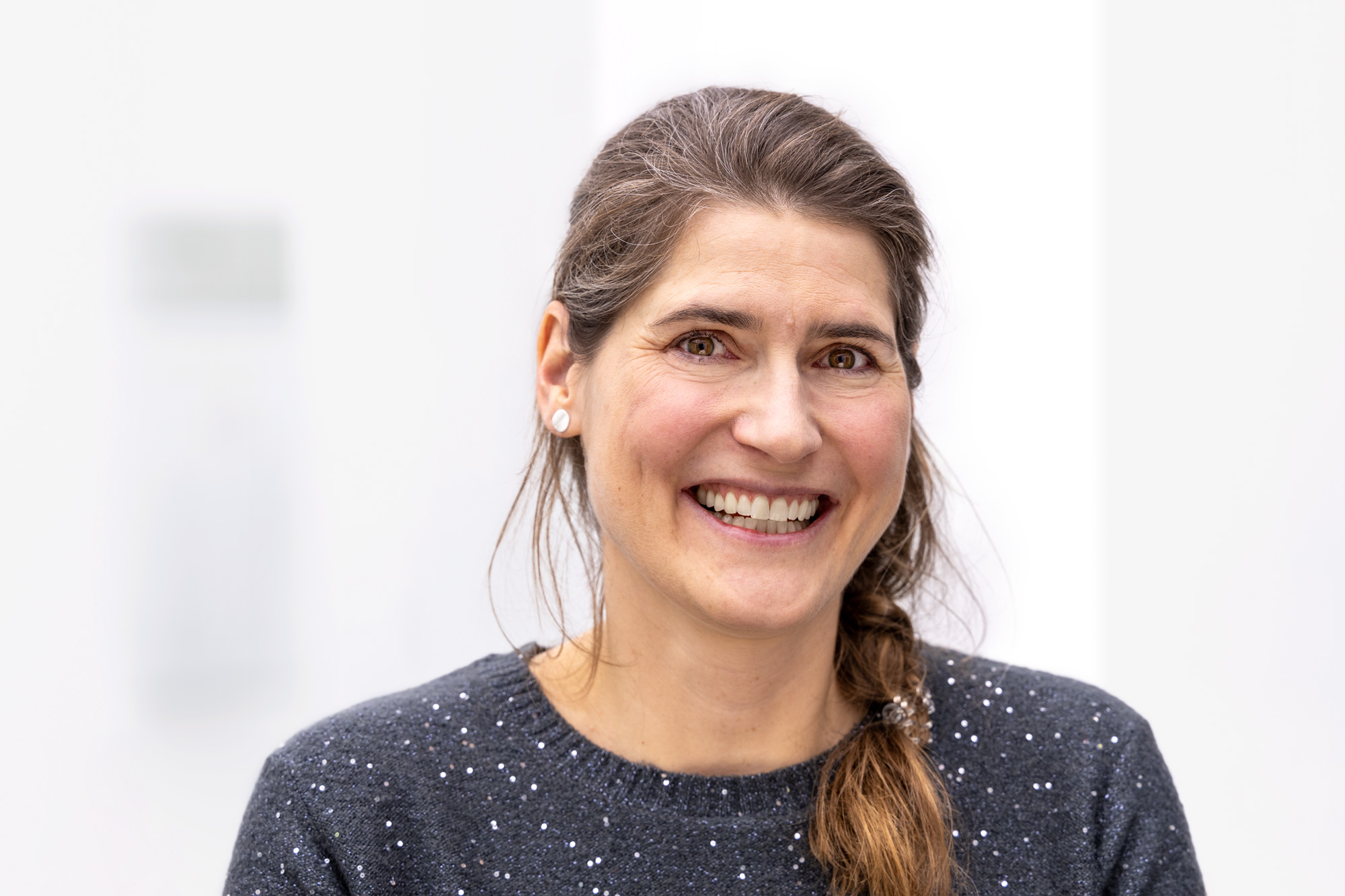Marie-Christine Simon is a junior professor of nutrition and microbiota at the Institute of Nutrition and Food Sciences at the University of Bonn. She also leads the Computational Microbiome & Brain Health group at Fraunhofer SCAI. Until 2024, she headed the junior research group “Nutrition and Microbiota” in the Diet-Body-Brain competence cluster, which was funded by the German Federal Ministry of Education and Research (BMBF). Her research focuses on the connection between nutrition, the microbiome, and the brain.
During her doctoral studies at the German Diabetes Center in Düsseldorf, she conducted clinical studies investigating the influence of probiotics on insulin resistance, incretin responses, and inflammation in healthy and overweight individuals. Her expertise includes deep knowledge of metabolic and immune changes linked to diabetes.
She holds certifications as a Clinical Research Associate and a registered nutritional therapist. Simon sharpened her microbiome expertise during her postdoctoral fellowship in Prof. Fredrik Bäckhed's lab at the Wallenberg Laboratory, University of Gothenburg, Sweden.
Her work at Fraunhofer SCAI currently concentrates on computational methods to explore the gut-brain connection and the microbiome's role in human health. Her team develops bioinformatics tools for personalized nutrition, healthy aging, longevity, and brain health. Simon actively encourages collaboration between fundamental research and practical applications at national and international levels. Her ultimate goal is to unravel how the microbiome influences nutrition, immunity, and metabolism – particularly along the gut-brain axis – to enable personalized nutritional strategies.
